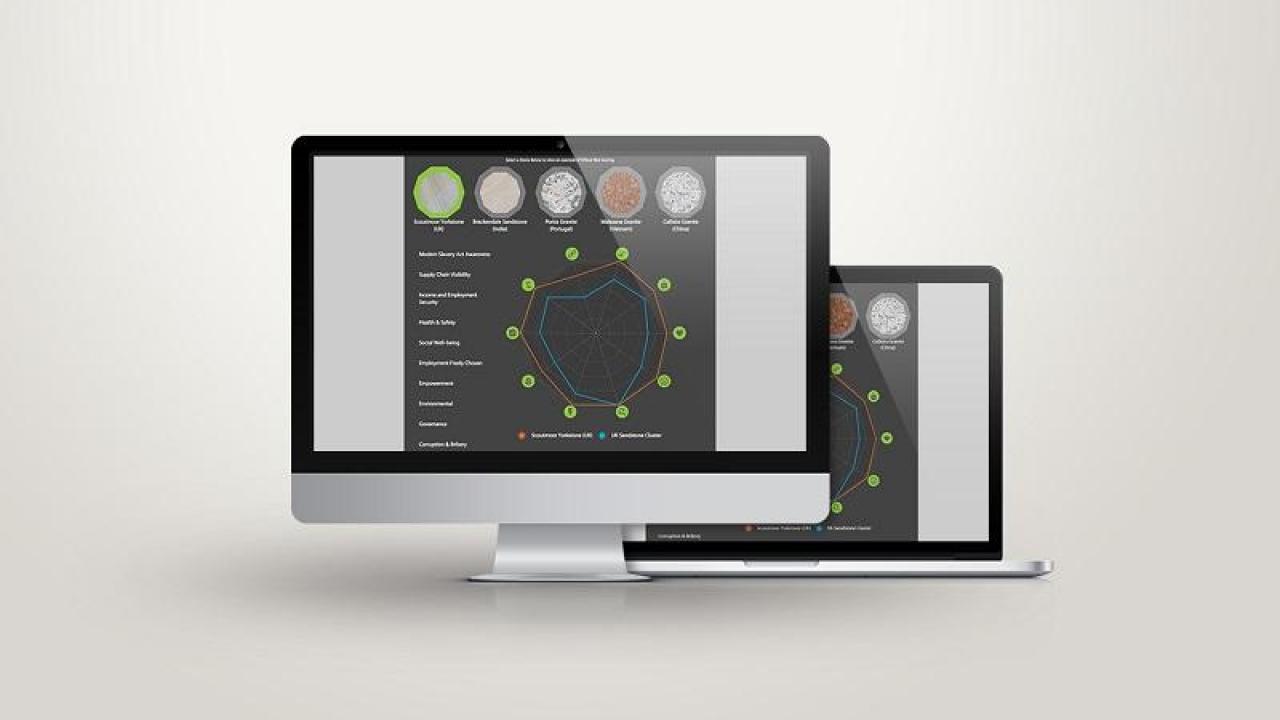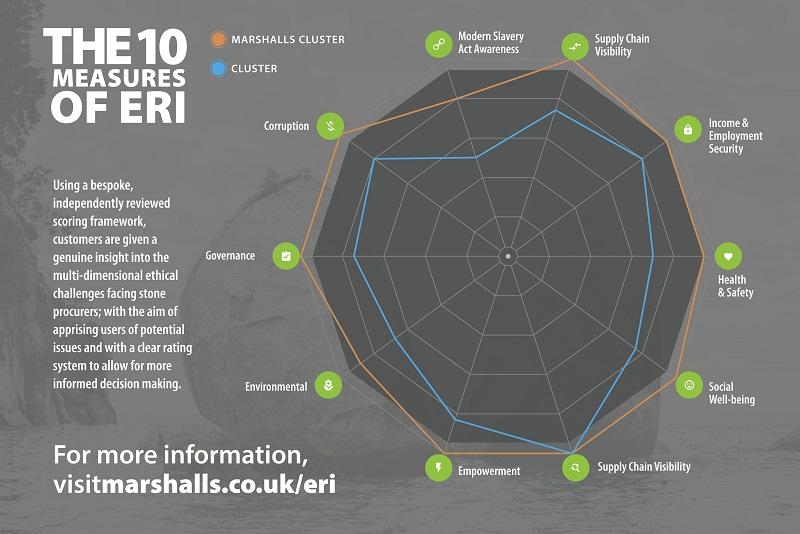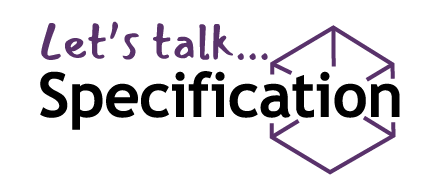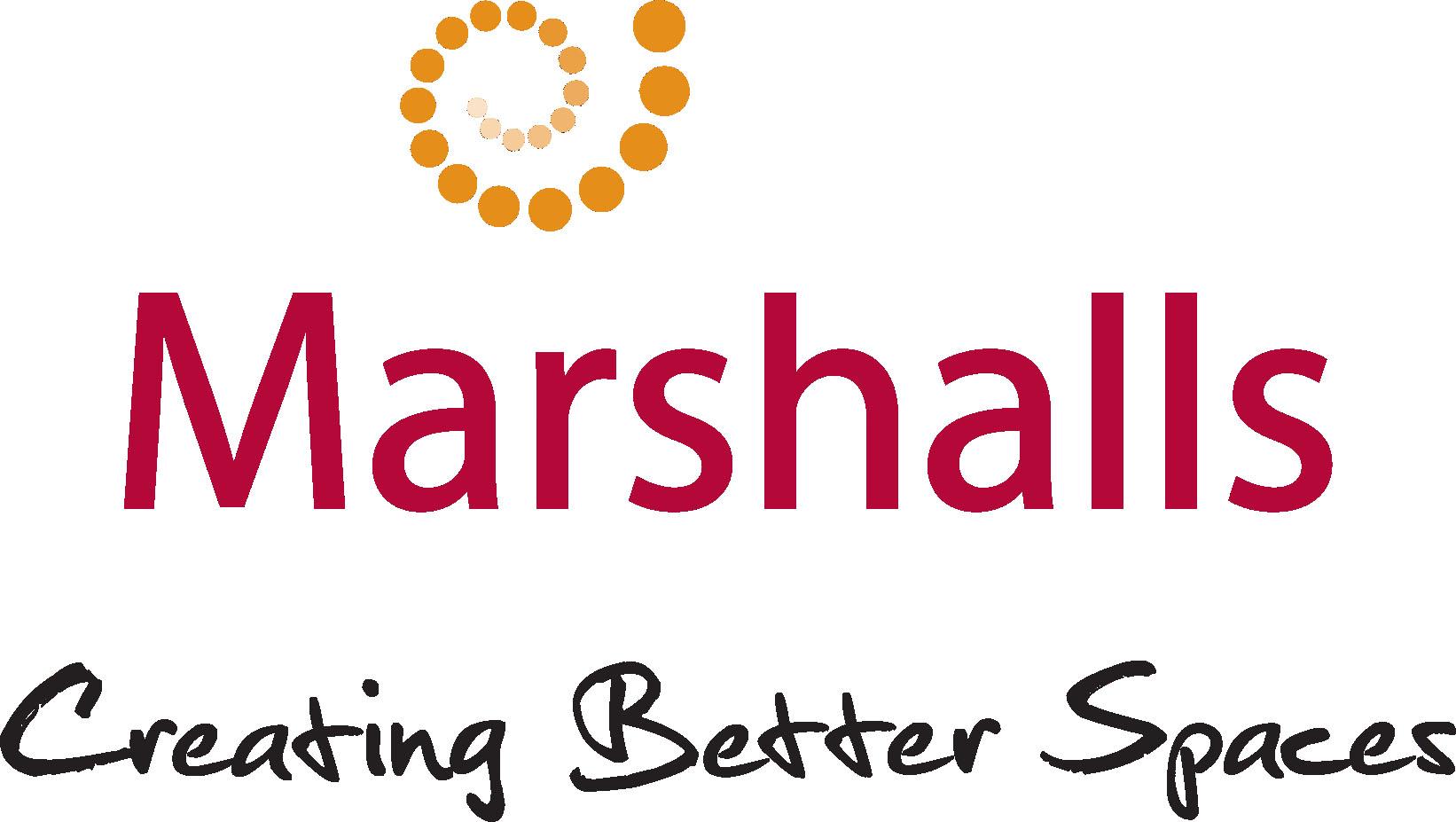

Marshalls advocates industry-wide transparency as a natural way forward for ethical stone
Marshalls has been supplying stone to the commercial environment since the 1890’s when Cromwell Yorkstone was first quarried from the hillside in at Southowram, Yorkshire. Now the company runs a multinational operation with over 15 UK quarries and a global supply chain sourcing 10 ethical stone types from 15 different countries.
The access to the breadth of stones and colour choices from across the globe doesn’t come without its risks however. Ethical stone sourcing is an issue affecting many industries today, and is not going away any time soon. Issues including slave and child labour have traditionally marred the stone industry’s reputation, but a move towards increased supply chain transparency is becoming apparent.
Clients often prefer to source ethical products; therefore, companies have a requirement to make financial, social, environmental and ethical data transparent.
However, sourcing in the stone industry is still a difficult area to monitor. With international sourcing spanning all corners of the globe, it is inevitable that ethical practice will vary.
Marshalls has acknowledged the industry’s need for an all-encompassing framework, which highlights potential issues when it comes to stone sourcing. Utilising various publicly available NGO-driven frameworks and the expertise of independent auditors, Marshalls has developed the Ethical Risk Index, a device allowing the ethical dimensions of each stone's supply chain to be compared through a straightforward scoring system.

The Ethical Risk Index comprises of ten different areas which are scored to asses an independent supply chain’s ethical credentials. The areas range from supply chain visibility, environmental, health and safety, modern slavery and social well-being, all of which are allocated a score before being distilled down into a score out of 5, available for each commercial stone product.
Scoring each product begins with an analysis at stone’s country of origin, utilising publically available NGO-driven frameworks, as well as international indexes and datasets on environmental, social and governance issues (ESG). Desk based research is also utilised to build a framework and provide a view on the ESG picture, along with a forewarning of challenges or issues that may exist in territories.
From this, Ethical Auditors establish a baseline expectation of the cultural paradigm in that country. They can then delve into the specific supply chain and assess Marshalls’ stone supplier’s quarries and processing operations; also contrasting it against other quarries and manufacturers supplying stone products to the wider stone industry. Thus, the final ERI score for each stone type is contrasted against the non-Marshalls supply chains for the material in comparable locations.
To ensure continuous improvement in the supply chain, Marshalls and their independent auditors implement Corrective Action Plans targeting areas of concern which are subsequently monitored and any changes are reflected in the ERI score.
One of the objectives of the ERI is to enable greater transparency to drive stakeholder awareness of the ethical risks involved in stone procurement. A deeper customer understanding will inevitably impact purchasing behaviour and lead to an increase in ethical standards within the supply chain.
For more information on ethical stone please click here.

